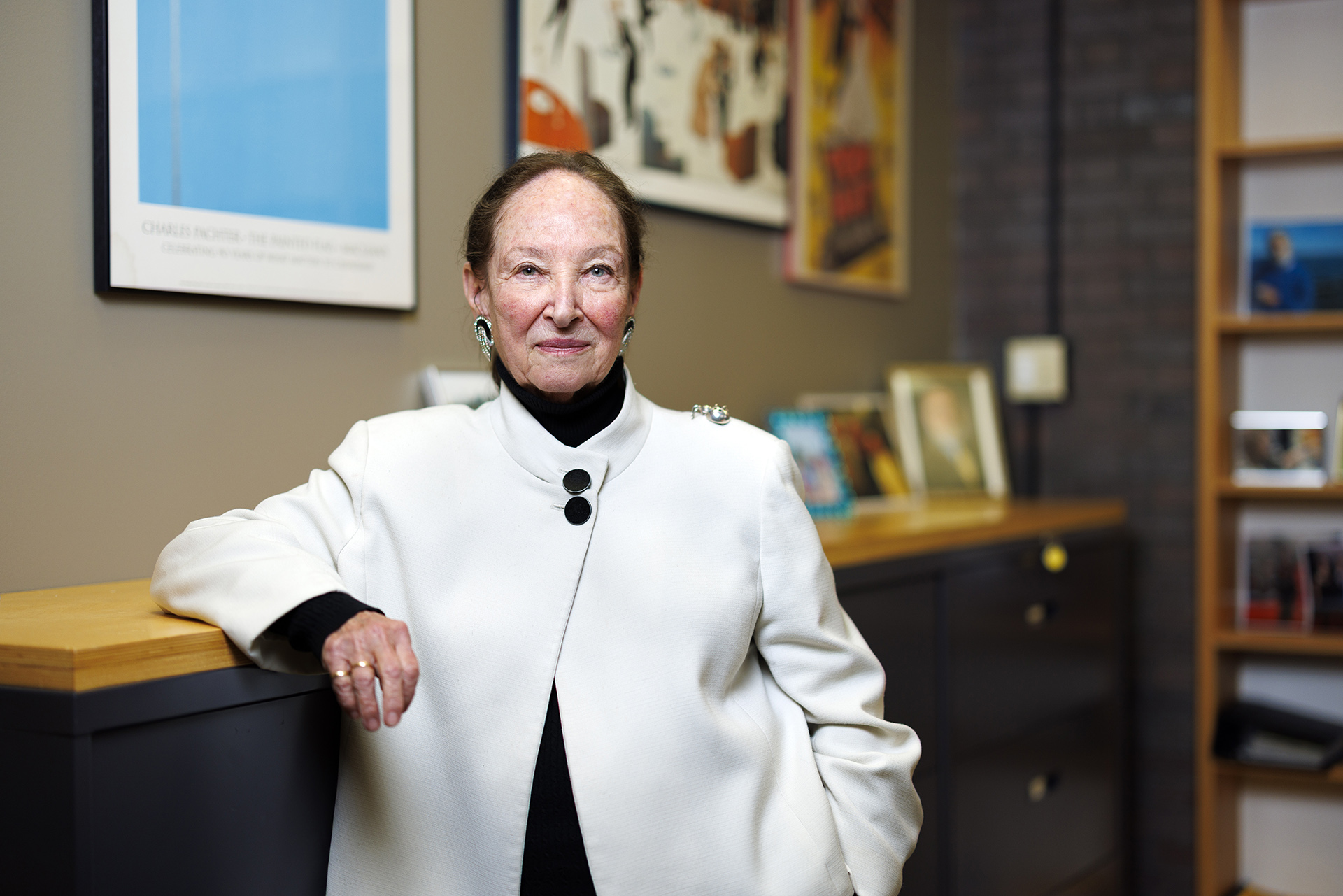
"Rosalie Abella was 4 years old when she learned that her father hadn't been allowed to practice law in Canada. "I had no idea what that even meant," said Abella, the first Jewish woman on the Supreme Court of Canada. "But it galvanized me and committed me to the idea that I would be what he couldn't be." An émigré and child of death camp survivors, Abella faced daunting challenges in becoming one of Canada's most influential jurists. Now the Samuel and Judith Pisar Visiting Professor of Law at Harvard Law School, she lifted barriers for others through her work in labor and disability rights, constitutional law, and human rights jurisprudence."
"Abella's father, Jacob Silberman, was born in Sienno, Poland, and entered Krakow's Jagiellonian law school in 1930 as one of the few Jewish students in the program. By the time he graduated, practicing in his home country was no longer an option. The Nazis had taken over, and he and his wife were sent to concentration camps. They both survived, but Silberman's parents, three younger brothers, and first-born son - Abella's brother - were killed. Abella was born in 1946 in a displaced person's camp in Stuttgart, Germany. Her father taught himself English and was briefly able to practice law alongside American lawyers, helping to develop a system of legal services for displaced people."
"The family got the chance to move to Canada in 1950. Silberman assumed he'd be able to practice there, too. He brought letters of reference from the American judges and lawyers he'd worked with, who wrote glowingly about his abilities. Their endorsements proved meaningless. "He came home and said, 'I can't do it because I'm not a citizen,'" Abella said."
Rosalie Abella was born in 1946 in a displaced person's camp in Stuttgart to parents who survived Nazi concentration camps. Her father, Jacob Silberman, had studied law in Poland but could not practice after the Nazi takeover; several immediate family members were killed. The family immigrated to Canada in 1950, where citizenship and other barriers prevented Silberman from practicing law despite strong references. Abella pursued law, rose to become the first Jewish woman on the Supreme Court of Canada, significantly advanced labor, disability, constitutional, and human rights jurisprudence, and later served as a visiting law professor at Harvard.
Read at Harvard Gazette
Unable to calculate read time
Collection
[
|
...
]